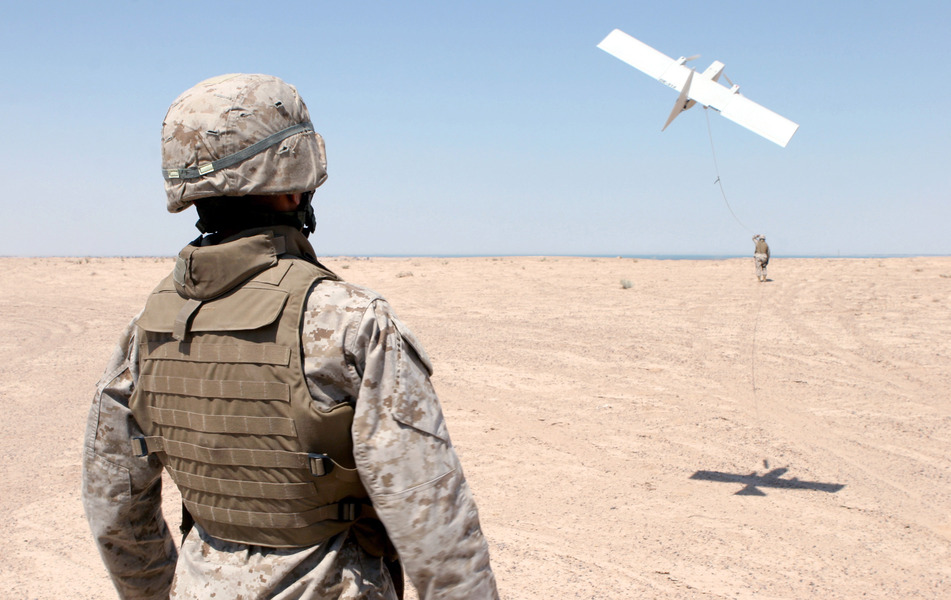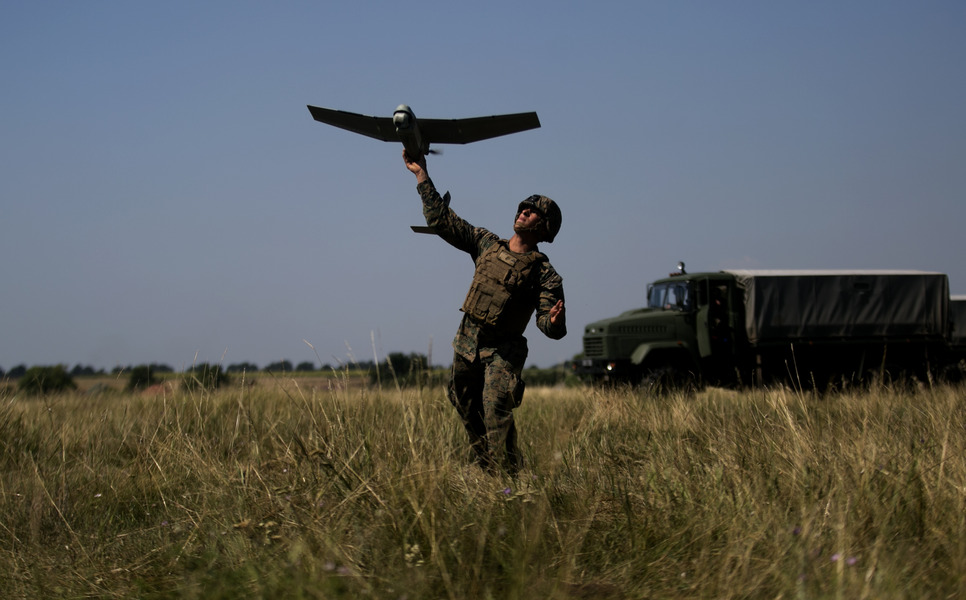Would a Director Brennan and a Secretary Hagel Partner to Shift CIA Lethal Operations to DOD?
Back in October, I wrote about the claim in this Washington Post story that John Brennan supports shifting the CIA's operations involving the use of lethal force over to the military. Now that he is about to be nominated as CIA Director, it is time to start paying closer attention to this possibility.
Published by The Lawfare Institute
in Cooperation With

Back in October, I wrote about the claim in this Washington Post story that John Brennan supports shifting the CIA's operations involving the use of lethal force over to the military. Now that he is about to be nominated as CIA Director, it is time to start paying closer attention to this possibility. Hopefully the question will receive a full airing in the confirmation process. Sure, some of that discussion might have to occur in closed session, but it is a topic that warrants as much transparency as possible.
Of course, it takes two to tango, which brings us to the question of how Chuck Hagel, about to nominated as SecDef, feels about this same question. I've not seen anything suggesting that he has expressed a view on the topic in the past, but then again I didn't look very hard. This 2009 Washington Post op-ed sounds realist, lessons-of-Vietnam themes about the limits of U.S. unilateral action in general and military force in particular:
We can help them buy time or develop, but we cannot control their fates. There are too many cultural, ethnic and religious dynamics at play in these regions for any one nation to control. For example, the future of Afghanistan is linked directly to Pakistan and what happens in the mountains along their border. Political accommodation and reconciliation in this region will determine the outcome. Bogging down large armies in historically complex, dangerous areas ends in disaster. In Vietnam, we kept feeding more men, material and money into a corrupt Vietnamese government as our own leaders continued to deceive themselves and the American people.Hard to say which way such views cut when it comes to the war-in-the-shadows strategy associated with CIA and JSOC kinetic capacities, still less whether this perspective favors one of those two institutions as the primary or exclusive vehicle assuming the overall approach is to be preserved. The Weinbergian point about avoiding large ground commitments certainly seems at first blush to favor surgical, in-the-shadows alternatives. But then again, Weinberg's Pentagon as I understand it was generally reluctant to embrace the use of SOF for surgical uses of force (see generally the larger Weinberg-Schultz debate regarding force in response to terrorism), at least in part on the theory that what would begin as a surgical, low-profile effort would eventually evolve, Vietnam-like, into something much bigger. It is easy to imagine a view today that embraces the general concern ground commitments, yet reaches a different conclusion about the risks of surgical uses of force in light of new technologies and capacities. In short, I'm reluctant to speculate as to how Hagel might feel about all of this. Anyway, if readers are aware of other public statements by Hagel that would be more-clearly relevant (i.e., on point as to the utility of clandestine or covert uses of force, or even better about CIA-vs-DOD responsibility for using lethal force), do let me know.
Robert (Bobby) Chesney is the Dean of the University of Texas School of Law, where he also holds the James A. Baker III Chair in the Rule of Law and World Affairs at UT. He is known internationally for his scholarship relating both to cybersecurity and national security. He is a co-founder of Lawfare, the nation’s leading online source for analysis of national security legal issues, and he co-hosts the popular show The National Security Law Podcast.




.jpg?sfvrsn=118b03e5_5)
